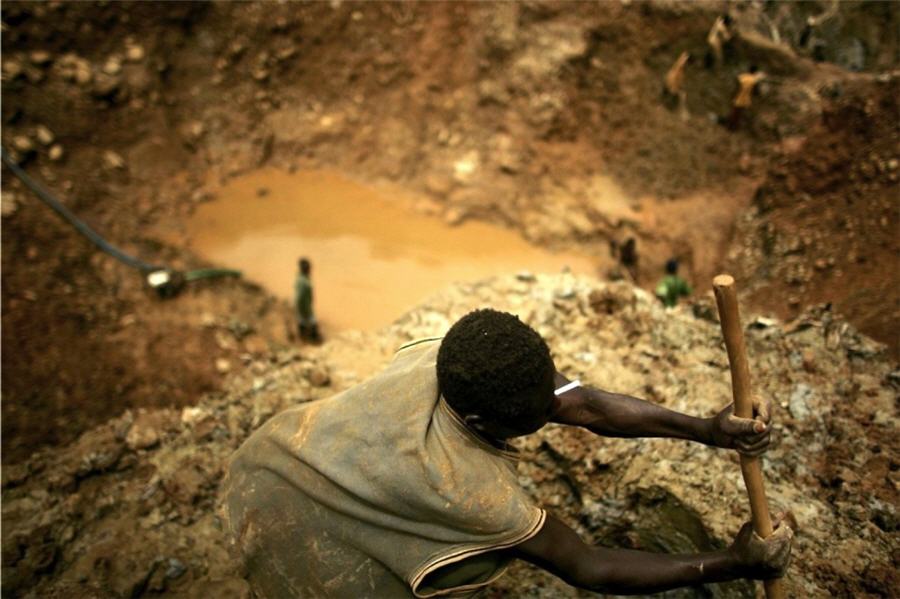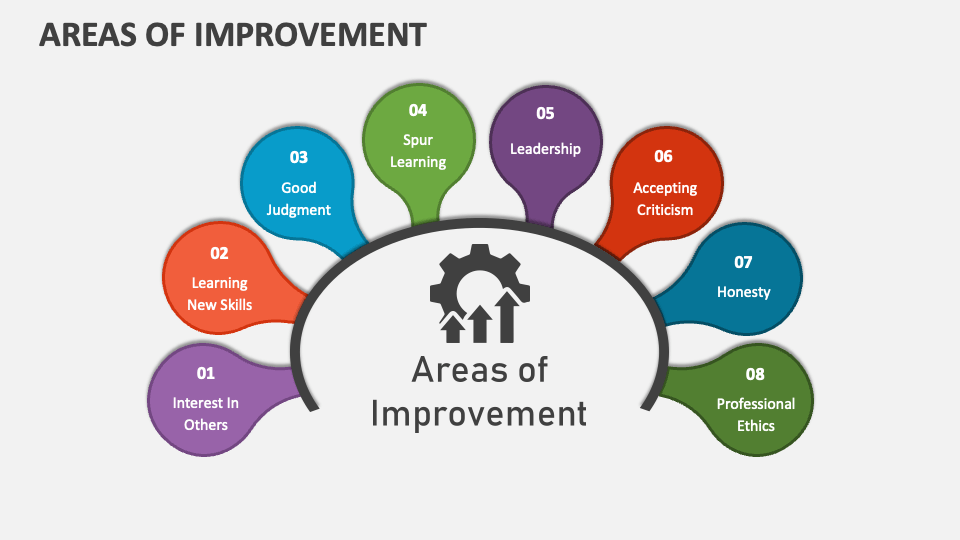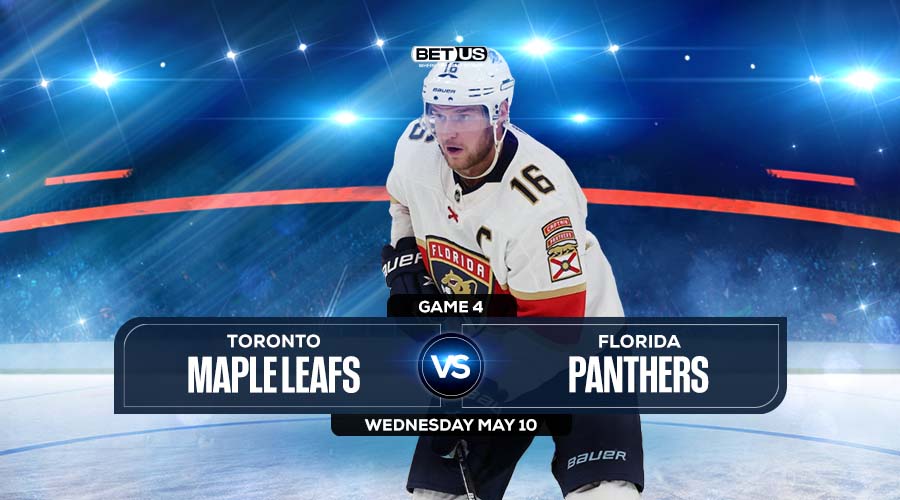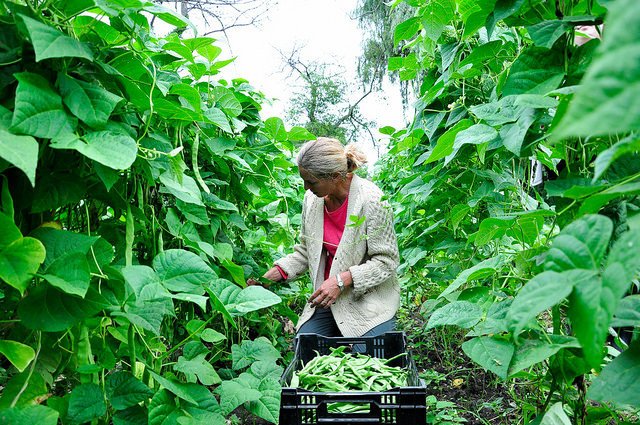Global Cobalt Supply Under Scrutiny: Examining Congo's Response To The Export Ban

Table of Contents
The Growing Demand for Cobalt and its Geopolitical Implications
The electric vehicle revolution is the primary driver behind the soaring global demand for cobalt. EV batteries rely heavily on cobalt for their energy density and performance, making it an indispensable component in the transition to cleaner transportation. Beyond EVs, cobalt is crucial in smartphones, laptops, and other electronics, further fueling demand. This surge in demand, however, has significant geopolitical implications. The DRC holds a dominant position in global cobalt production, controlling a substantial portion of the world's supply. This concentration of supply in a single nation creates vulnerabilities:
- Growing demand from EV manufacturers: As EV sales continue to climb, so does the pressure on cobalt supply.
- Use in batteries, smartphones, and other electronics: The ubiquitous nature of cobalt in modern technology highlights its critical role.
- Geopolitical vulnerability of relying on a single source: Dependence on the DRC exposes global markets to political instability, regulatory changes, and potential supply disruptions.
- Price volatility and its impact on the market: Fluctuations in cobalt prices directly affect the cost of EVs and other technologies, impacting consumer affordability and industry profitability.
Environmental and Social Concerns Surrounding Cobalt Mining in the DRC
The extraction of cobalt in the DRC is marred by significant environmental and social issues. Artisanal mining, a prevalent practice, often involves rudimentary methods that cause widespread environmental damage:
- Child labor in artisanal mines: The tragic reality of children working in hazardous conditions is a significant human rights concern.
- Environmental damage from mining activities: Deforestation, water pollution, and soil degradation are common consequences of unregulated mining.
- Lack of worker safety regulations and enforcement: Miners often face dangerous working conditions with little to no protection.
- Community displacement and lack of development benefits: Mining activities can displace communities without providing adequate compensation or development opportunities.
Congo's Response to International Pressure: Policy Changes and Reforms
Facing mounting international pressure, the DRC government has undertaken several initiatives to address the challenges within its cobalt industry:
- New mining codes and regulations: Efforts are underway to formalize the mining sector and improve regulatory oversight.
- Initiatives to combat child labor and improve worker safety: Programs aimed at removing children from mines and improving working conditions are being implemented, though their effectiveness remains a challenge.
- Efforts to increase transparency in the cobalt supply chain: Measures to track cobalt from mine to market are being introduced to enhance traceability and accountability.
- Collaboration with international organizations and companies: The DRC is increasingly engaging with international partners to promote responsible sourcing and sustainable mining practices. However, the success of these collaborations hinges on sustained commitment and effective enforcement.
The Impact of Potential Export Bans on the Global Cobalt Market
An export ban or significant restrictions on cobalt exports from the DRC would have severe consequences for the global market:
- Price volatility and potential price spikes: A reduced supply would inevitably lead to higher prices, impacting the affordability and production of EVs and other technologies.
- Impact on the EV industry and other technology sectors: Supply disruptions could hinder the growth of these sectors, potentially delaying the transition to cleaner energy and advanced technologies.
- Exploration of alternative cobalt sources (e.g., Australia, Canada): Countries with significant cobalt reserves are exploring ways to increase production to address potential supply gaps, although scaling up production takes considerable time and investment.
- The feasibility and sustainability of alternative sources: The feasibility of replacing DRC cobalt entirely depends on the ability of alternative sources to meet the growing global demand while adhering to sustainable and ethical practices.
Conclusion: Navigating the Future of Global Cobalt Supply
The future of the global cobalt supply chain is intricately linked to the DRC's ability to address the environmental and social challenges within its mining sector. While the government has taken steps to improve regulations and transparency, the effectiveness of these measures remains to be seen. The potential for export bans underscores the urgency of transitioning towards responsible cobalt sourcing. Sustainable and ethical cobalt mining is not merely a moral imperative but also a strategic necessity to ensure the long-term stability and growth of the industries that rely on this critical mineral. To learn more about responsible cobalt sourcing initiatives and support sustainable practices, explore resources from organizations like the OECD and the Responsible Minerals Initiative (RMI). Let's work together to build a future where technological advancement and ethical sourcing go hand in hand – ensuring a secure and sustainable supply of cobalt for generations to come.

Featured Posts
-
 Where To Invest Identifying The Countrys Top Business Growth Areas
May 15, 2025
Where To Invest Identifying The Countrys Top Business Growth Areas
May 15, 2025 -
 Nhl Playoffs Game 5 Expert Prediction For Panthers Vs Maple Leafs
May 15, 2025
Nhl Playoffs Game 5 Expert Prediction For Panthers Vs Maple Leafs
May 15, 2025 -
 Ovechkin Dognal Leme Po Golam V Pley Off N Kh L
May 15, 2025
Ovechkin Dognal Leme Po Golam V Pley Off N Kh L
May 15, 2025 -
 Understanding The Gop Mega Bill A Comprehensive Guide To Its Impact
May 15, 2025
Understanding The Gop Mega Bill A Comprehensive Guide To Its Impact
May 15, 2025 -
 Bse Market Surge Stocks Jump Over 10 Sensex Gains
May 15, 2025
Bse Market Surge Stocks Jump Over 10 Sensex Gains
May 15, 2025
